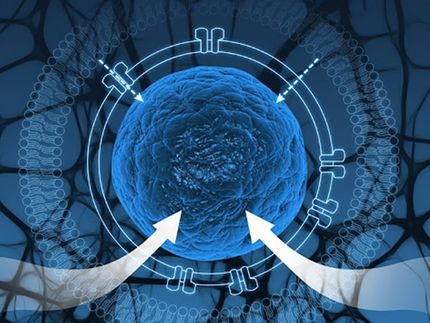Epicyte and Dow Enter a Research and Development Collaboration with Centocor for Production of a Therapeutic Monoclonal Antibody
Advertisement
SAN DIEGO, CA, and MIDLAND, Mich. – September 4, 2001 — Epicyte Pharmaceutical, Inc., and The Dow Chemical Company today announced an agreement with Centocor, Inc., to evaluate production of a therapeutic human monoclonal antibody in plants. Financial terms and other details of the agreement were not disclosed. This agreement marks the first license of Epicyte's Plantibodyä technology in the pharmaceutical industry. Based on the results of the evaluation, Centocor has the option to enter into an exclusive commercial supply agreement for a variety of clinical indications.
Using an antibody developed by Centocor, Dow will produce the antibody using Epicyte's Plantibody™ technology for producing human monoclonal antibodies in plants. Dow will provide its proprietary gene expression technologies, crop production expertise and corn processing capabilities.
"Monoclonal antibodies make up 25 percent of the new drugs in development and are used to prevent and treat human and animal diseases," said Christopher Clement, CEO of Epicyte. "Through this agreement with Centocor, a leader in the development of therapeutic antibodies, we expect to demonstrate the value of our Plantibody™ technology as an efficient and economical alternative manufacturing technology."
"Dow brings to this project expression-system technology from Dow AgroSciences," said Kurt Hoeprich, Dow director of Market Development for Plant-based Biopharmaceuticals. "This technology, combined with Dow's expertise in process engineering, environmental and regulatory compliance, will be a valuable asset for producing antibodies."
Epicyte, Dow and Dow AgroSciences LLC (a wholly owned subsidiary of The Dow Chemical Company) formed a research and licensing agreement in September of 2000 to develop and produce monoclonal antibodies in plant-based systems. Plant-based systems may provide capital cost savings, reduce the cost of goods for more complex antibody types, and prove scalable to much greater production volumes than mammalian cell systems. Epicyte has five antibody products in development in its core areas of infectious disease and sexual health, including products to protect against the transmission of Herpes Simplex Virus 1 and 2 and HIV and an anti-sperm antibody to prevent conception.
Most read news
Other news from the department business & finance

Get the chemical industry in your inbox
By submitting this form you agree that LUMITOS AG will send you the newsletter(s) selected above by email. Your data will not be passed on to third parties. Your data will be stored and processed in accordance with our data protection regulations. LUMITOS may contact you by email for the purpose of advertising or market and opinion surveys. You can revoke your consent at any time without giving reasons to LUMITOS AG, Ernst-Augustin-Str. 2, 12489 Berlin, Germany or by e-mail at revoke@lumitos.com with effect for the future. In addition, each email contains a link to unsubscribe from the corresponding newsletter.




























































